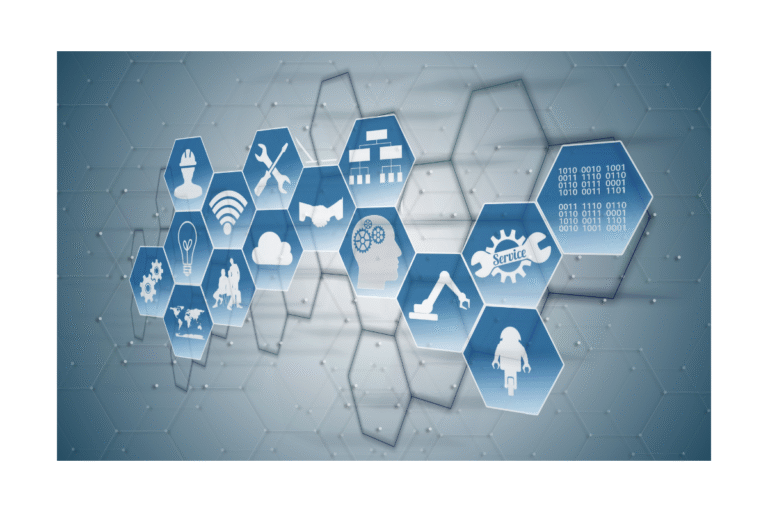ARTIFICIAL INTELLIGENCE

Artificial intelligence (AI) refers to the ability of computer systems to perform tasks that typically require human intelligence, such as learning, problem-solving, and decision-making. It encompasses a range of technologies that enable machines to analyze data, recognize patterns, and make predictions, ultimately aiming to automate and enhance various human capabilities.
Key aspects of AI include:
- Learning:AI systems can learn from data, adjusting their behavior and improving performance over time.
- Reasoning:AI can analyze information, draw conclusions, and make inferences based on available data.
- Problem-solving:AI can identify and solve complex problems, often through search and optimization techniques.
- Perception:AI can “see,” “hear,” and “understand” the world through computer vision and natural language processing.
- Decision-making:AI can make choices based on learned patterns and available information, potentially automating tasks and processes.
Types of AI:
- Narrow or Weak AI:Focused on performing specific tasks, such as virtual assistants (e.g., Siri, Alexa) or recommendation systems.
- General or Strong AI (AGI):Hypothetical AI capable of performing any intellectual task that a human can, requiring reasoning across diverse domains.
Examples of AI in action:
- Virtual assistants: Siri, Alexa, Google Assistant.
- Recommendation systems: Netflix, Spotify, Amazon.
- Self-driving cars: Autonomous vehicles navigating roads.
- Fraud detection: Identifying suspicious financial transactions.
- Robotics: Automated systems for manufacturing and other tasks.
- Chatbots: Engaging in conversations with users.
- Image and speech recognition: Identifying objects and understanding spoken language.
AI is rapidly transforming various industries and aspects of life, from retail and healthcare to finance and transportation. As AI technologies continue to evolve, they are expected to play an increasingly significant role in shaping the future.





